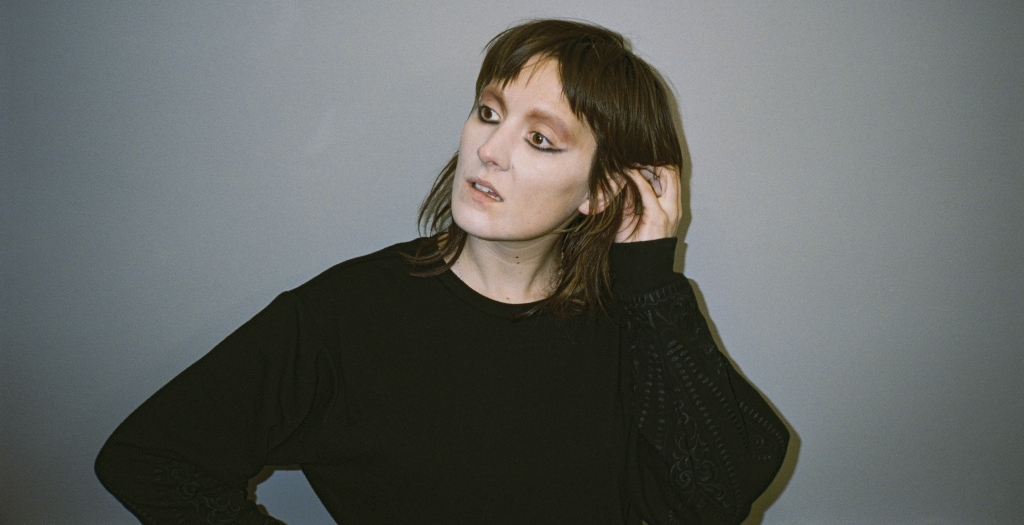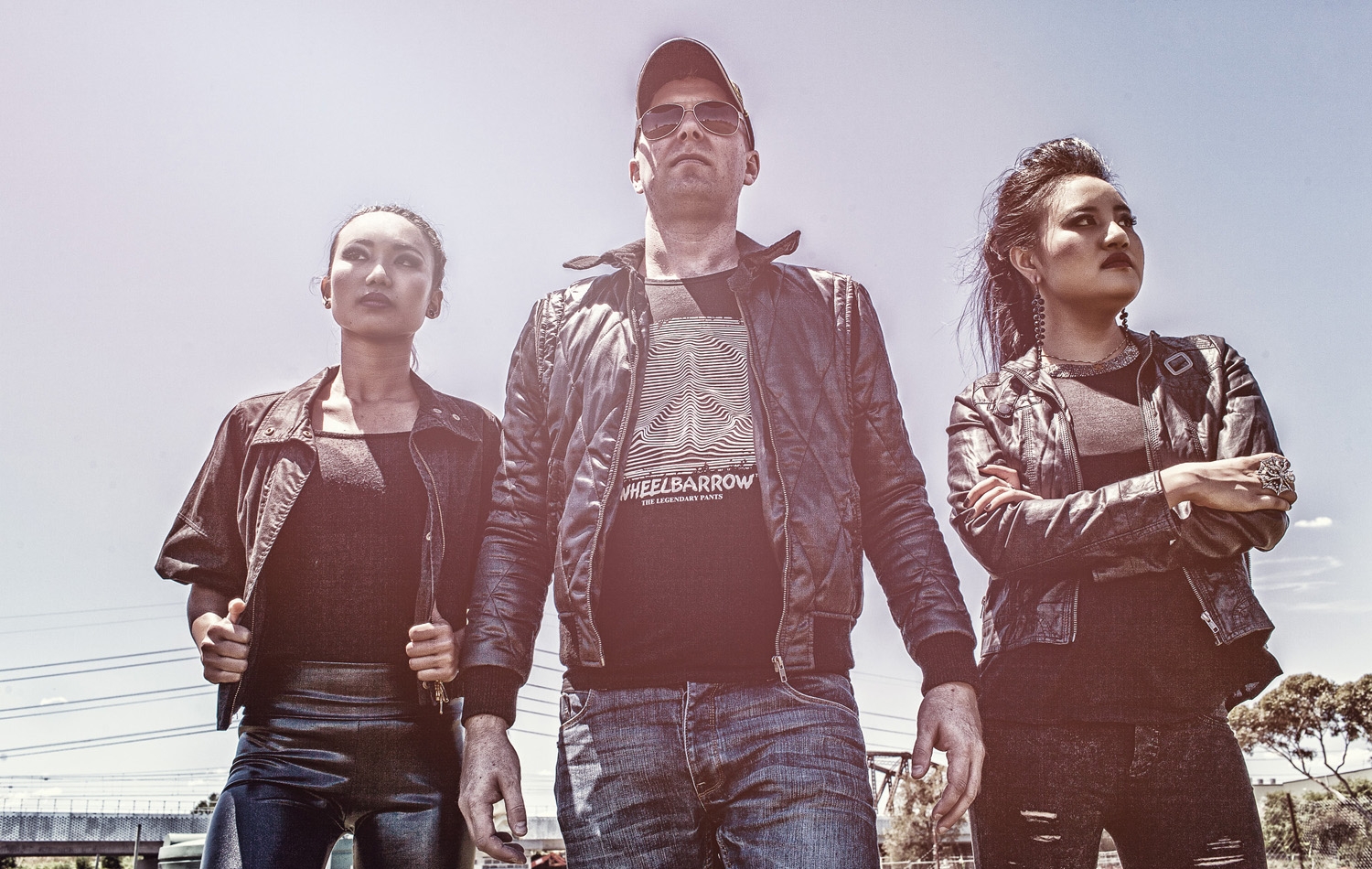The album’s title Crab Day is important in relation to the record’s themes. “The title in itself is a made up holiday, it has absolutely no parameters so it can be whatever you want it to be,” Le Bon says. “The album is a nod to the absurdity of trying to appropriate something as illusive as time. It’s definitely a response to this world of fabricated nonsense that we’re living in. We live in strange times, I guess the language of the record is a reaction to that.”
While her songwriting is complex in the ideas it puts forward, Le Bon admits lyrics are usually written right before recording, which she attributes to their fragmented structure. “It’s like doing your essay the night before when you’ve had six months to write it,” she says. “It’s something that I always do and instead of lamenting I embrace it. The delirious writing added to the overall feel of the surrealism and abandonment on the record.”
There’s a strong visual element to Crab Day, with the accompanying short film directed by Phil Collins, a collection of disjointed images that Le Bon feels sums up the album well. “I wanted to make sure the visuals were something that went completely hand in hand with the album. Phil has an incredible filter to put the record through and created this world that evokes so many feelings that I think are hiding within the music. What he’s created is absurd, playful and really unsettling, but ultimately very human.”
Many critics have remarked that Le Bon appears to have a fascination with death. “I don’t think I have a fixation with death more than most people, it’s just part of the human condition to muse over the big D,” she says. “There’s lots of things that snowball because of many different reasons, maybe it’s because I don’t sing much about love. A lot of the time it’s not immobilising for me, sometimes it’s a positive theme. A lot of the songs on Mug Museum were about my grandmother dying but not in a morbid way, more in a celebration about the continuation of life. But sometimes people just want to go ‘Oh, death again’.”
When asked if she thinks her music is subversive, Le Bon’s response demonstrates her integrity. “I think my only intention when it comes to music is to make something that I’m excited by and that I can stand by. That’s the most important thing to me. It’s really wonderful to do something you love with people you love and to share a really special adventure.”
Having collaborated with the likes of Manic Street Preachers and The Chemical Brothers, Le Bon has found her musical counterpart in Tim Presley of White Fence, with the pair starting the project DRINKS. “I’ve made music with lots of musicians but never fully embarked on an equal project,” says Le Bon. “I love the enthusiasm and joy that comes with it. All we cared about is that we liked it and even though there were some awful things that were written about it we would just laugh. That’s the spirit of why it was made, it was never about it being critiqued and I think it was an important lesson for me before making Crab Day. It was a reminder of why you make music because it’s a fun thing, it’s enthusiasm without expectation.”
Le Bon is eagerly anticipating her tour to Australia next month as part of the Melbourne Festival alongside an appearance at Perth’s Camp Doogs. “I’m so excited to come and play shows. I was talking to the boys from King Gizzard about Camp Doogs and they were telling me that it’s an amazing festival run by really cool people. It sounds like it’s going to be a good time.” As for what we can expect at the shows Le Bon remains illusive. “Playing live is an interpretation of the record. I like that and I think it’s more exciting that way. I play with my four-piece band who I’ve been touring with for years and for us it’s just a gig. Hopefully people will like it,” Le Bon says.
Le Bon isn’t likely to take a break anytime soon as she discusses her upcoming plans. “I just made another DRINKS record with Tim in France because I think we were both itching to do it. It’s hugely rewarding for us. I think that my grand plan is to continue to make music and work with people and always try and find the joy in it.”
BY HOLLY PEREIRA

